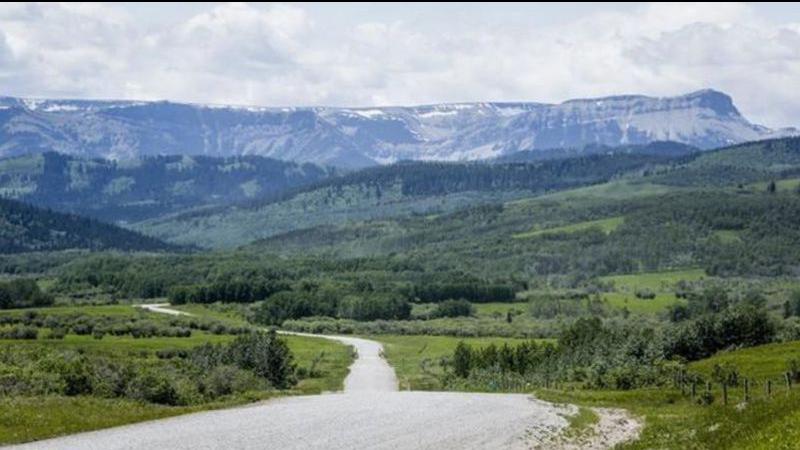
Province expanding coal restrictions to protect Alberta’s Eastern Slopes
Alberta’s government has announced an expansion of coal restrictions to protect the province’s Eastern Slopes.
Effective immediately, government officials say all new coal-related exploration and development activities in the Eastern Slopes are restricted. A new, expanded ministerial order will remain in place until direction on coal activities has been embedded in new or updated land-use plans to support the unique needs of the area. The reinstated 1976 coal policy also remains in place.
The expanded restrictions and enhanced land-use planning measures are said to be a direct response to recommendations made in the Coal Policy Committee’s final reports.
Officials say the Alberta government accepts the findings of the Coal Policy Committee and will look to address its other recommendations by updating, strengthening or reinforcing existing regulations and legislation in the future. Input received through Indigenous engagement is also expected to inform the government’s decisions related to coal.
